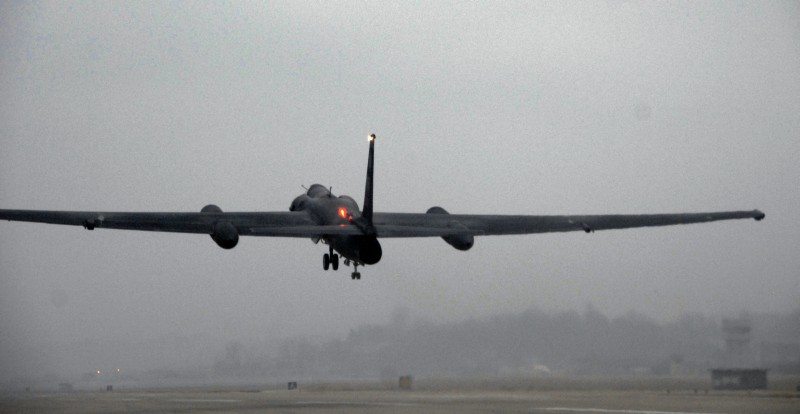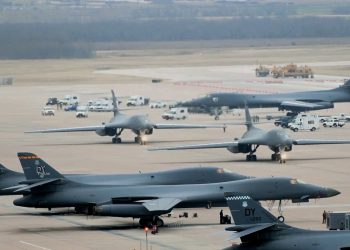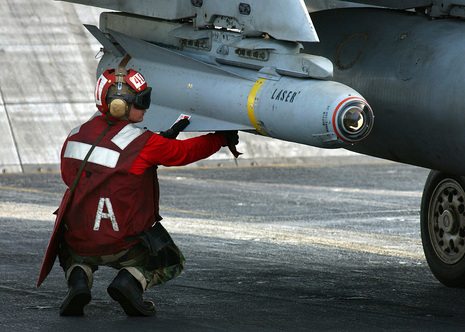The aging U-2 spy plane of Cold War fame has avoided retirement and will stay in the air until 2025, the Air Force said Monday, because the costly drone due to replace it turned out to be less effective.
As part of cost-saving measures announced by the Pentagon, officials concluded the U-2 jet — which dates back to the 1950s — provided better value than a version of the Global Hawk unmanned aircraft, which had been scheduled to take the U-2’s place by 2015.
Both aircraft fly at high altitude for surveillance flights over Afghanistan and elsewhere, retrieving pictures and eavesdropping. But the U-2’s sensors produce much higher quality imagery than the Global Hawk’s equipment, Air Force General Larry Spencer told reporters
Spencer said “it would be cost-prohibitive to try to get the Global Hawk as capable as the U-2.”
In its budget request for fiscal year 2013, the Pentagon said it would cancel the purchase of 18 of the “Block 30” models of the Global Hawk and proposed “to extend U-2 operations until FY 2025.”
“The Global Hawk Block 30 initially held a lot of promise. It was going to replace the U-2 and we thought we could do so at a cheaper price. It was no longer the case and it became too expensive,” Spencer said.
Advocates of the Global Hawk had argued the drone could fly much longer missions than the piloted U-2 jets, which cannot stay in the air beyond about 12 hours.
The long, sleek U-2 jets with narrow wings were designed to spot Soviet nuclear missiles and in 1960, the plane was at the center of an international crisis after American pilot Francis Gary Powers was shot down as he flew a U-2 over Soviet territory.
In 1962, it was a U-2 plane that took the famous photographs of Soviet weaponry that triggered the Cuban missile crisis.
The U-2 has remained an important spy plane for the American fleet in the decades since, earning a new lease on life in the wars in Iraq and Afghanistan, with commanders keen to use its high-resolution photographs and eavesdropping to track down insurgents and roadside bombs.










